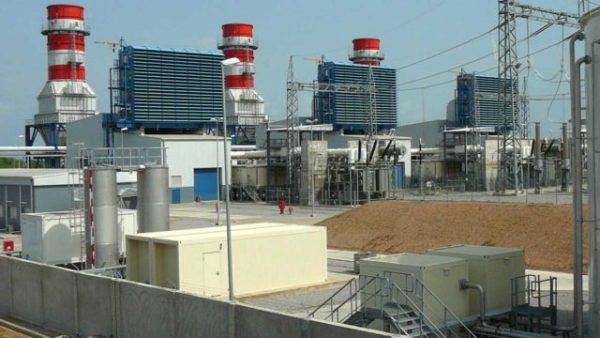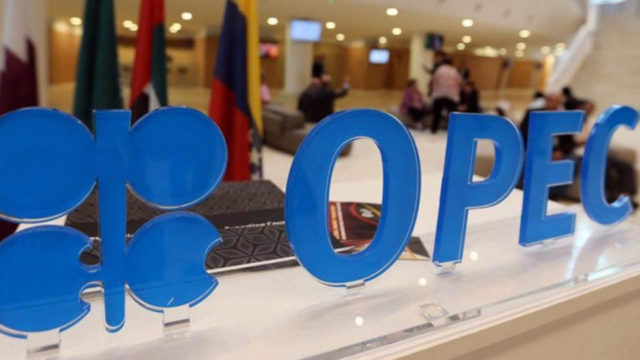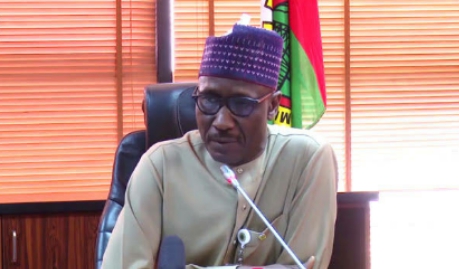Boosting power generation by using Azura IPP model

Initially estimated to cost $1 billion, Siemens Nigeria was able to complete the construction of the Azura Power Plant at $900 billion, which is under budget.This, the Project Manager (Onshore), Siemens, Okechukwu Nwabuzor, said was possible with the right term, goal and support from government at all level.The Azura-Edo Power plant is the first fully privately financed Independent Power Plant (IPP), in the country and is located in Ihovbor/Orior Odemwende communities of Edo state.
The first phase of the Azura-Edo IPP is a 450 MW green field, open cycle gas turbine power station has been completed by Siemens Nigeria and handed over to the owners. Azura-Edo is also the first fully financed private sector power plant project. It is the first power generation project to receive the World Bank Partial Risk Guarantee and Multilateral Investment Guarantee Agency, (MIGA) support.
The project, which created up to 1,000 direct and 20,000 indirect jobs during its construction period is already sending 450MW to the National grid, representing up to 12 per cent of all the power that goes across the country.The construction of Azura Power Plant started in 2016 and was led by a consortium of Siemens, one the world’s leading global power companies and Julius Berger Nigeria, Nigeria’s pre-eminent construction firm.
Speaking during a facility tour to the completed power plant in Edo State, the General Site Manager of Siemens/Azura-Edo IPP, Timo Brand, said that the technology is not new, but a reliable technology which Siemens has used all over the world.He added that the gas turbines installed in Azura Power Plant were the same with the others that have been used around the world and have been proven to be efficient in power generation.He said that the power generated from Azura would help to alleviate energy challenges in Nigeria.He stated: “The plant is comprised of three Siemens turbines, each of which is capable of producing 153MW.
Speaking on the challenges, Brand said that dealing with host community issues was the most difficult of those challenges. “It was my first time working in Nigeria and trying to understand the culture was difficult. Trying to get the materials from the ports to the site was also very challenging and installing the materials was also challenging. We had difficulties in transporting the materials and ensuring that they arrive on site on time.”
Deputy Managing director of Azura Power, Edu Okeke, described the project as the first financed independent power facility. Giving more details on project finance, Okeke explained: “Project finance is made up of the whole contractual structure. So, it is making sure that risk in the whole project is apportioned to the right parties to bear. So, when you think about this particular project, just to start from the beginning, for you to generate power you think of gas, the supply is being done based on agreement between Azura and Seplats; two private companies. So the risk is with us as project, because we solicited and we found a party that would supply gas to us and we have an agreement. Of course, the penalty for this is that if they don’t supply the gas we are not going to pay them.
“Then you think of gas transportation when Seplat produce gas. Today in Nigeria there is one entity that transports gas around Nigeria and this is Nigerian Gas Company (NGC), a government entity. So, the risk with gas transportation lies with the government. This is because the government is the best entity to bear the risk. In running the plant, you must first of all start with the construction, operation and maintenance, of course Siemens handled the construction, this is a private enterprise. Again, we bear the risk, and if for any reason Siemens does not do the construction very well, we are not going to call the Nigerian Government to do anything . So, operation of the plant is being done by Azura and if for any reason we don’t know how to run this plant, we bear the risk. When we generate the power, the next thing is evacuating it and there is only one company that can do that today and that is the Transmission Company of Nigeria (TCN), a government entity, again the government bears the risk. Then we get payment from the bulk trader.”
Head of Finance, Azura Power West Africa Limited, Nonye Anyanwu Obibuaku, said that it took the company up to five years to develop the power plant. Obibuaku described Azura Power plant as the first privately finance project in Nigeria. “This means that the development process was not only in coming up with the power plant, we also raised the funding before the construction commenced. Many of the projects that have been developed in Nigeria did not follow this formula. Another unique thing about this project is that debt and equity were sourced from all over the world. We had strong Nigerian participation and strong international participation. The work that has been done by the Federal Government and the World Bank in helping us to secure a caution risk guarantee for the project. This provided comfort for the lenders”, she added.
Speaking on the Nigeria’s electricity tariff structure, which some investors believed is not cost effective, Obibuaku said: “We have had a lot of interactions with various government agencies and they are willing to work with us through this process and we believe that the Nigeria government believe in certainty of contracts. That is how this country will be able to attract foreign direct investment.”She said that the company had received support from Edo State government. The Federal Government recorgnised that the power deficit is inhibiting the growth of the country and that is why they are a taking a chance with Azura, she added.
She stated: “During the development stage of this project, we went out to seek for bidders and there was a transparent bidding process. In this first phase of the project, Siemens Bank was one of the international banks that finance the project. The major reason for choosing Siemens was that they would provide rapt solution and this helped us in the project.”
The host communities around Azura Power Plant were not left out of the process of the construction.Nwabuzor said that the local content in the project was driven by Azura and there was an understanding with community of certain numbers of skilled or semi skilled to be taken during the period of the project.
“In respect to the engaging community people in the project, we even went above the details of the Memorandum of Understanding, which we had with the community to ensure that the communities are satisfy with our presence.“All local supplies were from the communities around Azura, which include sand, water and any supplies that can be sourced within Edo State, were done by members of the communities. Therefore, the community also grew in economic index within this period of construction.
Nwabuzor said that the company was able to complete the project on time and under budget by having the right term. “We had the right term, the right goals and above all, we had the right customers. Without the customer participating, we would not have been able to deliver this project right on time. We had a customer that was very proactive, that paid as at when due. We had a smooth run on this project. It wasn’t as if there were no issues, but we were able to handle those issues to ensure they don’t jeopardize the project”, he said.







